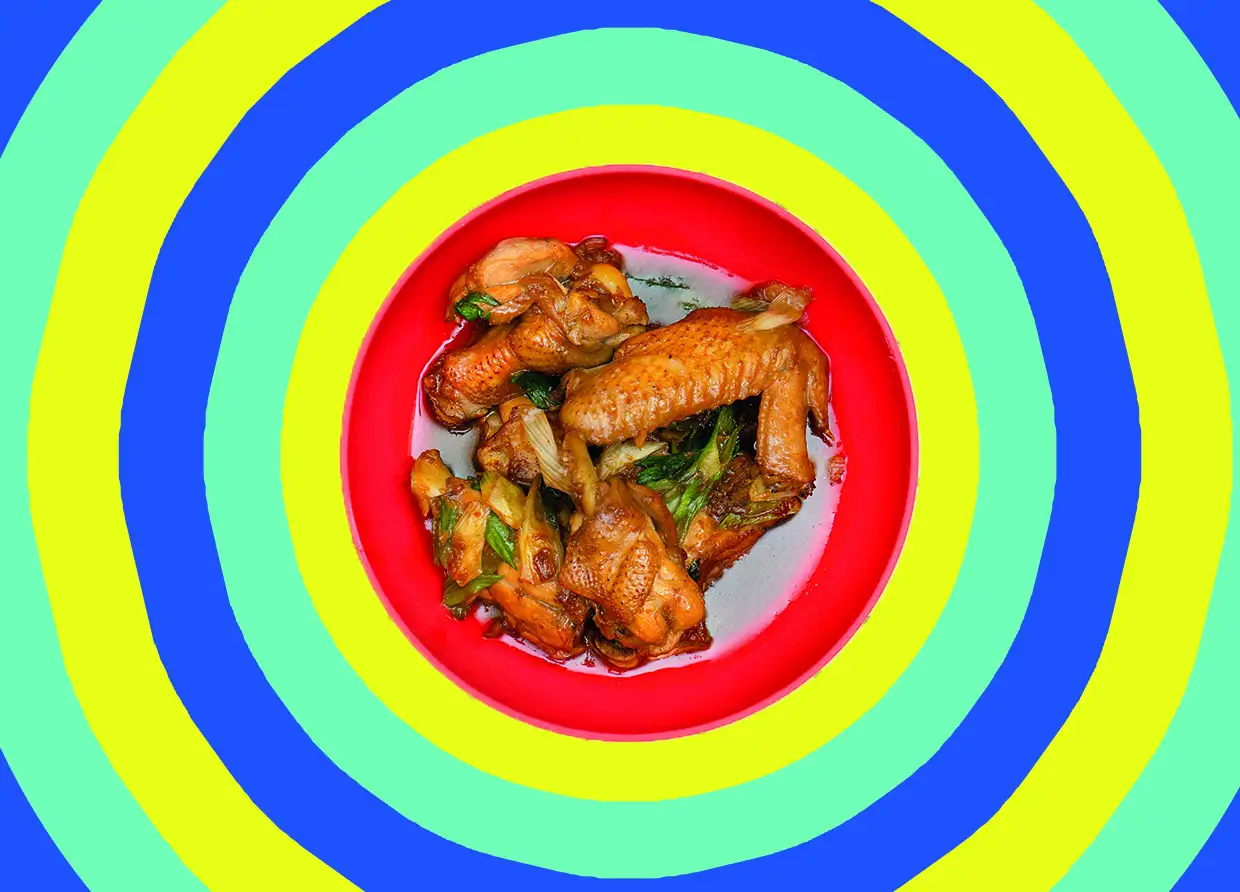7 TYPES OF DREAMS AND THEIR MEANINGS
While dreams are frequently associated with sleep, this is not always the case, as you can dream when you are awake.

Dreams often reflect experiences, feelings, and desires from our waking life. Therefore, understanding them has been one of the subjects that scientists have been studying for years. Not only that understanding them could better provide us with self-knowledge, but sometimes, our dreams are also a message about what might happen in the future.
During our sleep, our minds are active, creating stories and images. It could be vivid or fleeting, nonsensical or prophetic, and sometimes even terrifying. Dreaming can occur at any stage of our life, while rapid eye movement (REM) is the stage where dreams are produced in the most memorable and evocative ways.
So, the question remains - why do we dream? Although scientists still have no definite answers to that, there are several types of dreams that everyone in the world has experienced.
Daydreams
Different from other dreams, daydream occurs when you are awake. Daydream refers to a series of thoughts that distracts you from the world and makes you less aware of your surroundings. However, it is consciously done. Many refer to daydreams as looking "zoned out" or lost in the imagination.
Daydreams are produced by the brain’s default mode network as a response to a lack of stimulation. Types of daydreaming include dysphoria, escapism, fantasy, rumination, and visualization.
Prophetic dreams
If you have ever dreamed of something and it later became a reality, you might have had a prophetic dream. Prophetic dreams are considered dreams that foretold a future event. Some believe that the dream is a prediction of the future while others believe that it is the subconscious mind anticipating and preparing you for an unlikely or likely outcome.
False-awakening dreams
This dream occurs when you are sleeping but you believe that you have woken up from your sleep session. False-awakening dreams are a hybrid state that enforces wakefulness and sleep, commonly linked to sleep paralysis or lucid dreams.
Nightmares
Nightmares are fear-induced dreams. This dream is a way for the brain to process life's daily stress. Some potential causes of nightmares vary from watching scary movies, medication side effects, a relative's death, sleep deprivation to sleep disorders like narcolepsy.
To children, nightmares might lead to night terrors in which they wake up terrified but may only have a vague idea of what they dreamed about or most of the time, they don't remember anything.
Lucid dreams
Lucid dreams are dreams where you become more aware, compared to the other dreams, that you are dreaming. You can retain control of the body and thoughts as lucid dreams are a form of metacognition or in other words, awareness of your awareness.
Like most dreams, it happens during REM sleep. However, most people don't have frequent lucid dreams, though reports found that 55 percent of the people in the world experienced it at least once in their life.
#THE S MEDIA #Media Milenial #dreams #meaning of your dreams #daydream


























